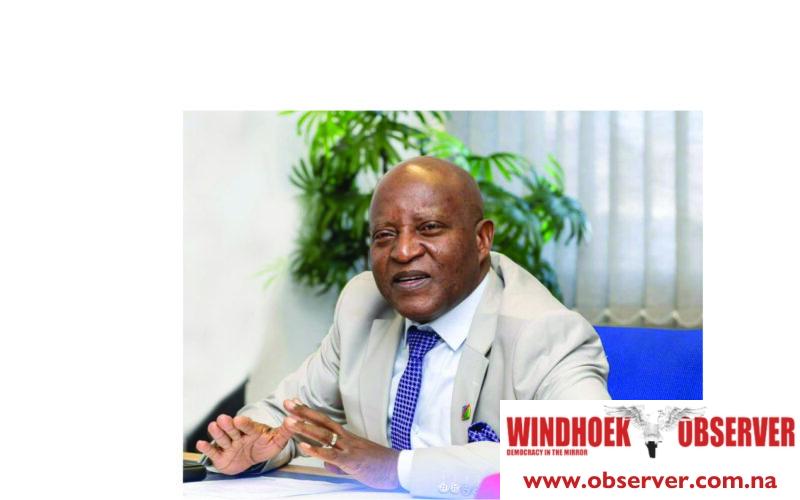Justicia Shipena
Prime minister Elijah Ngurare will have the final say on who can serve a third term on state-owned enterprises boards (SOEs) under the newly proposed Public Enterprises Governance Amendment Bill.
Ngurare tabled the bill in Parliament on Wednesday. It seeks to realign powers and responsibilities in the governance of state-owned entities and amend the Public Enterprises Governance Act of 2019 (PEGA).
The amendment gives the prime minister sweeping powers previously held by the ministers of public enterprises and finance.
Under the new law, board members will serve a three-year term, renewable once.
A third term will only be allowed under exceptional circumstances and with the prime minister’s approval. The amendment aims to streamline decision-making and strengthen accountability in the management of public enterprises.
It puts the prime minister at the centre of governance, granting him the power to appoint and remove board members and senior executives, approve strategic and financial plans, and oversee dividend and investment policies.
The prime minister will also set directives on remuneration levels, benefits, and contractual obligations for public enterprises.
Once published in the government gazette, these directives will become legally binding.
The line minister will act as the government’s shareholder representative, responsible for appointing and removing board members in line with the prime minister’s directives, approving annual budgets, and tabling reports in Parliament.
It also establishes a recruitment committee to manage board appointments and validates all actions taken by the prime minister, the minister of finance, or any relevant minister in relation to commercial public enterprises since 21 March 2025.
The motion to introduce the bill was seconded by minister of Works and Transport Veikko Nekundi.
Debate on the bill was adjourned on the motion of members of parliament Inna Hengari and Winnie Moongo and will resume next Tuesday.
In August, Cabinet placed a six-month moratorium on appointing new SOE board directors while the amendments were being developed.
The move aimed to prevent a power struggle over board appointments following the dissolution of the public enterprises ministerial function.
In March, President Netumbo Nandi-Ndaitwah’s administration scrapped the Ministry of Public Enterprises, transferring the governance of 18 commercial public enterprises and eight extra-budgetary entities back to their respective line ministries.
PEGA was first introduced under the administration of the late President Hage Geingob to ensure accountability and efficiency among SOEs.
Initially, a dedicated ministry was created to drive reforms, later absorbed by the finance ministry before being dissolved earlier this year.
In 2020, then Public Enterprises minister Leon Jooste announced the coming into effect of the act to remedy struggling state-owned enterprises that relied on government bailouts. The law provided for the efficient governance and monitoring of parastatals and clarified the minister’s powers and functions.
It also limited individuals to serving on a maximum of two public enterprise boards.
The legislation required ministers who suspect corruption to refer cases to the Anti-Corruption Commission and any other criminal activities to the inspector general of the Namibian Police.
Board appointments were to be made by the minister of Public Enterprises in consultation with Cabinet and published in the government gazette.




